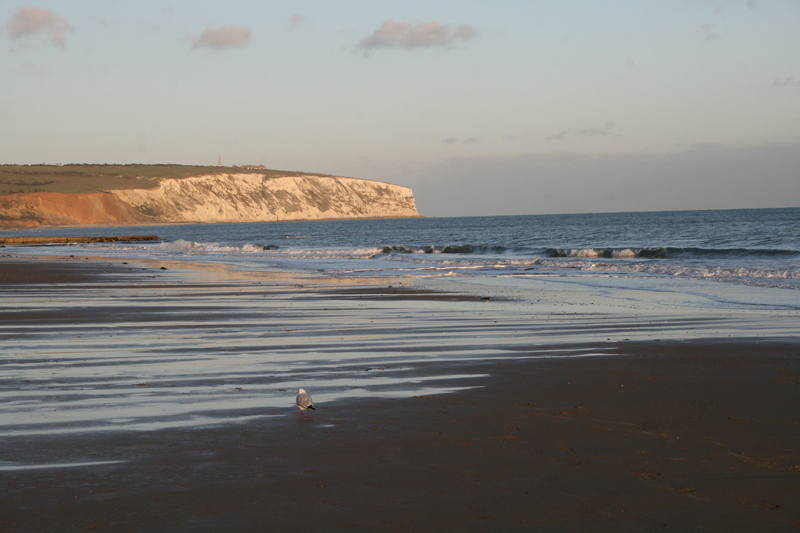Amazing and Interesting Facts about the UK
List and search London Business > UK > England
Amazing and Interesting Facts about the UK

There's more to England than Big Ben, but how much do you really know about England and the United Kingdom? Read on for some fascinating facts about William Blake's “green and pleasant land.”
Land and Sea
Many people find the distinction between the United Kingdom, Great Britain, and England more than a little bit confusing, especially because these terms refer not only to geography, but to nationality as well. This confusion means that people who aren't from the United Kingdom mistakenly think the terms are interchangeable, often referring to Britain or the UK when they really mean England. So what's the difference between all of these terms? First, there's England, which, along with the countries of Wales and Scotland, makes up the island land mass called Great Britain, or simply Britain. Right next door to Britain is another island, Ireland, which is itself divided into two countries: The Republic of Ireland, and Northern Ireland. The Republic of Ireland is an independent self-governing country, but Northern Ireland is, along with England, Scotland, and Wales, part of the United Kingdom. As well as this, there are many much smaller islands around the UK coast, such as the Channel Islands. These islands are part of Great Britain, but as British Crown Dependencies are not part of the UK.
Finally, there's the British Isles, which includes Great Britain, Ireland, the Orkney, Shetland, and Hebrides Island groups, the Isle of Man, the Isle of Wight, and the Isle of Scilly. The term “British Isles” is purely a geographical one, and doesn't refer to the nationalities of the people living in these countries and islands.
People and Culture
Around 84% of the UK's population live in England, and the English capital city of London is also the capital of the UK, and its seat of government.
One thing that English people are known for is their extraordinary capacity for tea, and in fact, they drink more tea than any other country in the world. Per capita, the English drink 2.5 times more tea than Japanese people, and an amazing 22 times more than French and American people. Every day, UK residents drink around 165 million cups of tea in total. As far as food goes, the quintessential English meal is battered fish and chips, traditionally served by the local shop in a newspaper parcel. It's been a part of English life since 1860, when the first fish and chip shop was opened by a Jewish immigrant by the name of Joseph Malin.
The taking of afternoon tea is another food-related tradition that originated in England. This small meal, taken between lunch and dinner, was the idea of Anna Russell, the Duchess of Bedford, in 1840. The new custom spread quickly amongst fashionable society and was a firmly-entrenched habit within a few years.
A number of inventions and innovations were made by British men and women, including the world's first electronic programmable computer, invented at Bletchley Park during Worlld War II, and the steam turbine in 1884. And, while champagne is more commonly associated with the French, the method by which it was first made was actually developed by an English scientist in the seventeenth century.
Flora, Fauna, and The Natural World
England is home to the largest, most diverse wildfowl centre in the world. Slimbridge Wildlife and Wetlands Trust is the only place in the entire world which houses all six Flamingo species, and the Trust is also home to the world's biggest collection of ducks, geese, and swans.
Off the coast of the most south-westerly point of the UK are the Isles of Scilly, an area of outstanding natural beauty. The five islands that make up the group are home to a small number of people, and a large population of Atlantic Grey Seals, which return to the islands every year during the breeding season. The islands are known for their populations of rare animals and plants, and for their chief export of cut flowers.
One of the most impressive natural sights in the United Kingdom is the Giant's Causeway, an extensive stretch of ancient volcanic rock north on the north cost of Northern Ireland. This impressive vista of an estimated 40,000 interlocking basalt columns is the result of a volcanic eruption that occurred somewhere between 50 and 60 million years ago, but according to local legend it's the remains of a structure built by the Irish giant Fionn mac Cumhaill.
